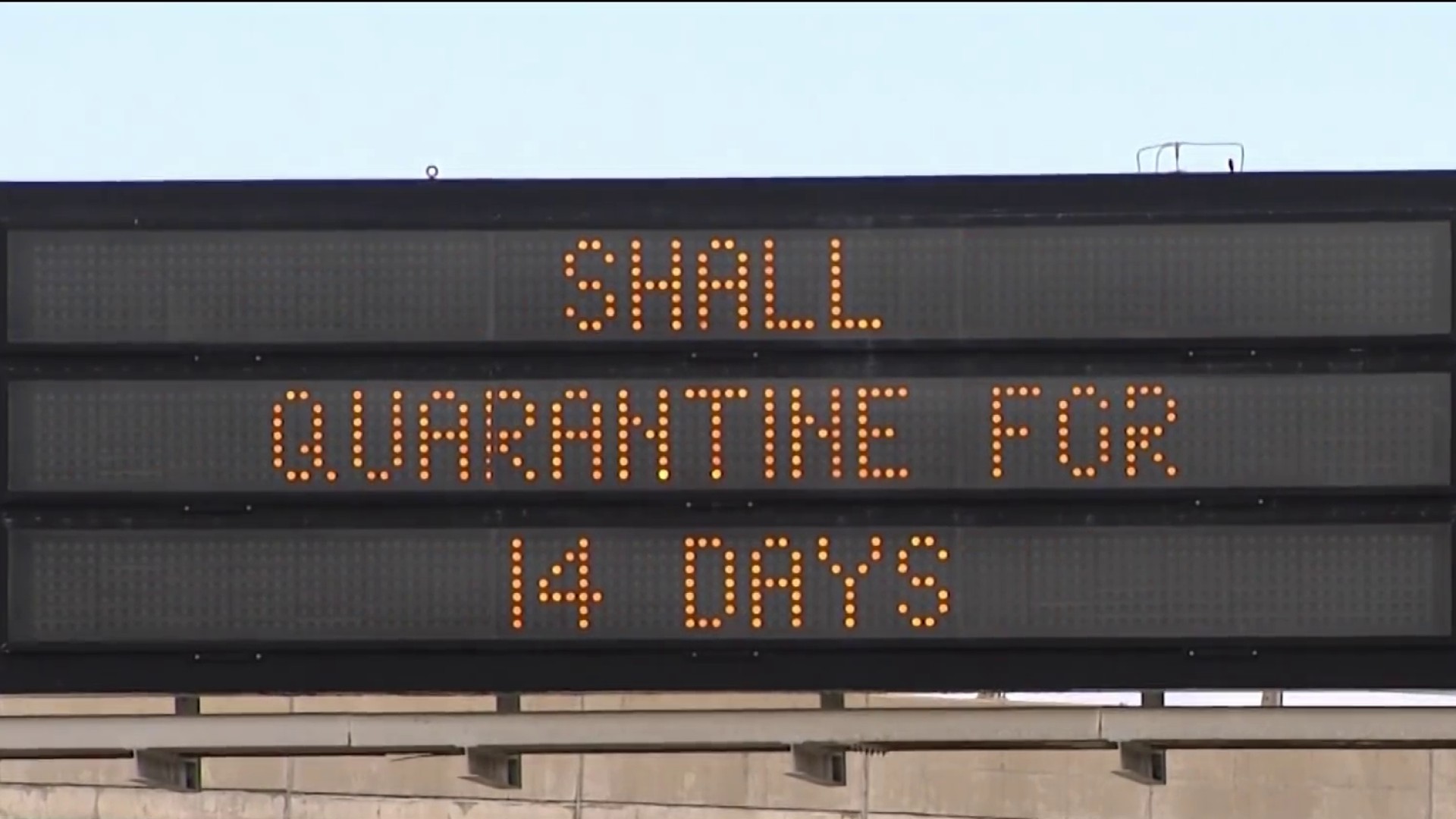Starting Saturday, Massachusetts will start requiring that people who travel from Connecticut and New Jersey quarantine upon arriving to the Bay State, the Department of Public Health announced Friday.
It's the first change to Massachusetts' travel order for two weeks, when New Jersey was added to the list of low-risk states, along with California, Hawaii and Washington.
Massachusetts will begin considering Connecticut and New Jersey at higher risk for travel starting at 12:01 a.m. on Oct. 31, which is Halloween.
The move comes days after Connecticut and New Jersey added Massachusetts to their own coronavirus hot spot lists.
Connecticut Gov. Ned Lamont said after his state's move that he was in talks with Massachusetts Gov. Charlie Baker about travel, since he didn't think the restrictions would be enforceable.
Massachusetts' full list of states deemed to be low risk as of Saturday now includes just seven states, and the country's capital: California; Washington, D.C.; Hawaii; Maine; New Hampshire; New York; Vermont and Washington.
Rhode Island had long been the only New England state not on that list.
To be included on Massachusetts' list of low-risk states, one must have fewer than 10 average daily cases per 100,000 people.
Travelers from states not on the low-risk list must fill out the Massachusetts Travel Form and quarantine for 14 days, according to the state's guidelines. That includes anyone who's coming from one of the low-risk states but stayed "for more than a transitory period of time in the last 14 days" in a higher-risk state.
There are some exemptions, including for people who are going to higher-risk states just to commute or go to school. See the full order, which includes exemptions, here.



